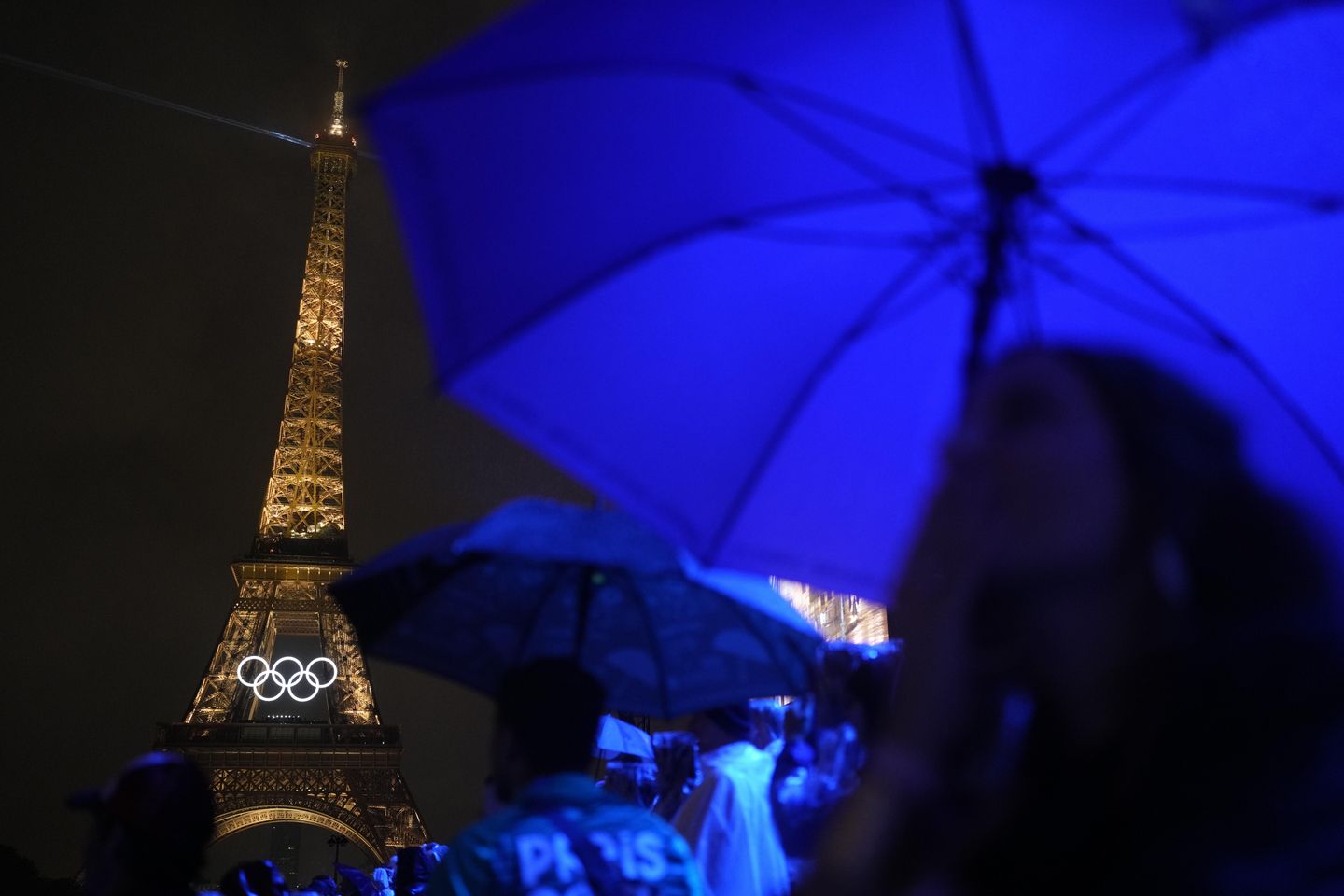The 2024 Paris Olympics issued an apology for a controversial segment during the opening ceremony that featured drag queens in a scene resembling “The Last Supper.” The segment sparked outrage and calls for a boycott, leading one tech company to pull its advertisements from the event.
The opening ceremony of the 2024 Paris Olympics was meant to be a celebration of unity and diversity, showcasing the best of what the city has to offer. However, the inclusion of a scene that depicted drag queens in a tableau reminiscent of Leonardo da Vinci’s iconic painting “The Last Supper” quickly turned into a source of controversy.
The segment, which featured a diverse group of drag queens dressed in elaborate costumes, was meant to celebrate the LGBTQ+ community and promote inclusivity. However, many viewers took offense to the use of religious imagery in this context, arguing that it was disrespectful and inappropriate.
In response to the backlash, the organizers of the Paris Olympics issued a public apology, acknowledging that they had made a mistake in including the controversial scene in the opening ceremony. They expressed regret for any offense that was caused and assured the public that steps would be taken to prevent similar incidents in the future.
Despite the apology, the controversy continued to escalate, with some individuals and organizations calling for a boycott of the event. One tech company, which had initially signed on as a sponsor for the Olympics, announced that it would be pulling its advertisements from the event in light of the controversy.
The decision by the tech company to withdraw its support was seen as a significant blow to the Paris Olympics, as sponsorships are crucial for funding the event and ensuring its success. The organizers were left scrambling to find a replacement sponsor and to address the growing backlash from the public.
The controversy also sparked a larger conversation about the intersection of art, politics, and religion in the context of major international events like the Olympics. Some argued that the inclusion of the drag queen scene was a bold and progressive move that challenged traditional norms and promoted diversity. Others contended that it was a misstep that undermined the spirit of unity and inclusivity that the Olympics are meant to represent.
Amidst the ongoing debate, the drag queens who had participated in the controversial scene spoke out in defense of their performance. They emphasized that their intention was not to offend or disrespect anyone, but rather to celebrate their identities and express themselves through art.
The backlash against the Paris Olympics highlighted the challenges of navigating cultural sensitivities and balancing artistic expression with public opinion. It also underscored the importance of thoughtful and inclusive programming in major international events, particularly in an increasingly interconnected and diverse world.
As the 2024 Paris Olympics moved forward, the organizers faced mounting pressure to address the fallout from the controversial opening ceremony. They were forced to reckon with the consequences of their decision to include the drag queen scene and to consider how best to move forward in a way that respected all perspectives and upheld the values of the Olympics.
In the end, the controversy surrounding the opening ceremony of the 2024 Paris Olympics served as a reminder of the power of art to provoke thought, inspire dialogue, and challenge conventions. It also highlighted the need for sensitivity, inclusivity, and open communication in the planning and execution of major international events, in order to ensure that they are truly reflective of the diverse and interconnected world in which we live.









